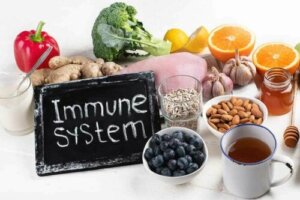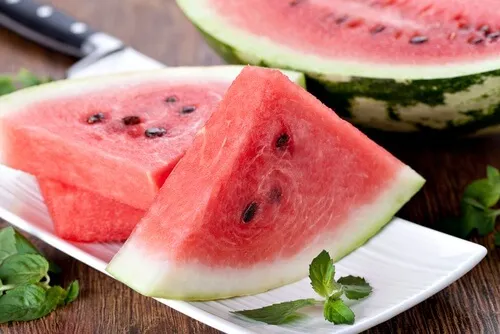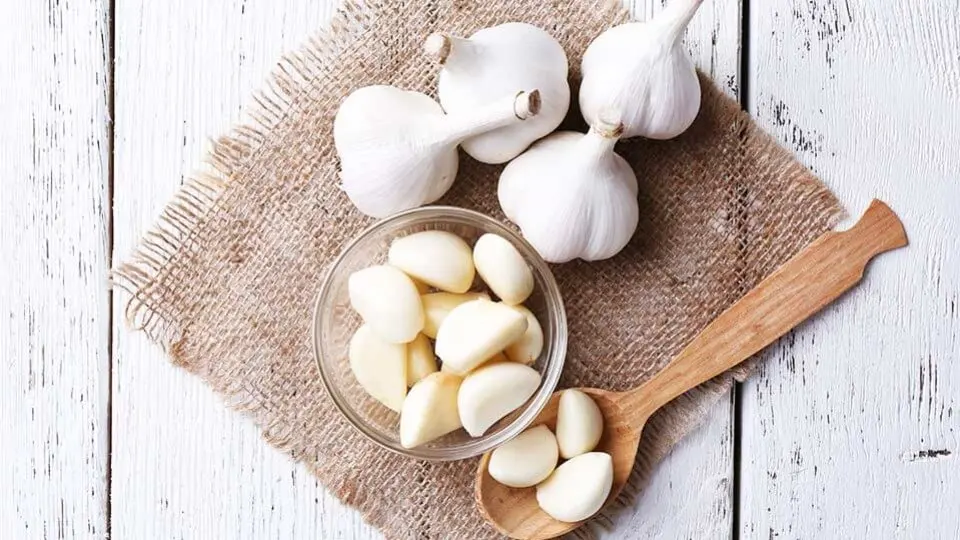5 Foods that Help Your Immune System


Reviewed and approved by the physiotherapist Sofía Quintana Alonso
The immune system is your body’s defense mechanism against foreign agents, such as bacteria, viruses, parasites, or toxins. This system even acts against its own cells that have been altered for some reason, for example, cancer cells. Learn what foods help your immune system in this article.
In addition, processes such as inflammation and wound healing also require a properly functioning immune system. Fortunately, it’s in our hands to “stimulate” and “boost” the proper functioning of this defense mechanism.
By making a good choice of food, you can provide your immune system with nutrients that are crucial to its functions. And, as a study published in The American Journal of Clinical Nutrition shows, micronutrients such as vitamins and minerals can help combat its weaknesses. Keep reading to find out more.
Read more: Strengthen Your Immune System with 6 Habits
Foods that help your immune system
The relationship between food and your immune system functions have been a subject of research in recent decades. It has been determined that an adequate assimilation of nutrients such as zinc, selenium, iron, copper, vitamins A, C, E and B-6 and folic acid can improve the immune response.
On the other hand, as detailed in an investigation in the Journal of Traditional and Complementary Medicine components of certain foods can also act as immunomodulators. So, even though it’s essential to maintain a balanced diet, it’s good to consume certain foods.
Watermelon
According to a publication in Nutrition Research, watermelon has great antioxidant capacity and bioactive compounds that contribute to well-being. Its consumption isn’t only linked to a reduction in inflammation markers, but also to an improvement in immune response. Eat it to reduce the risk of disease.

Yogurt
Another delicious and healthy food that helps us to maintain the immune system in optimal conditions is natural yogurt. Thanks to its probiotic content, i.e. live bacterial cultures, it strengthens the microbiota and, incidentally, the defense mechanisms.
These bacteria settle in the intestine and prevent harmful bacteria from taking over. According to a study published in The American Journal of Clinical Nutrition, yogurt improves the quality of the diet, as it contains nutrients such as calcium, zinc, B vitamins and probiotics.
Therefore, including it in your meal plan improves immune functions and reduces the risk of diseases and infections. You can consume it at breakfast, snack or dinner.
Also read: What’s the Difference between Prebiotics and Probiotics?
Garlic
According to information in the Journal of Immunology Research, garlic contains allicin, a compound capable of strengthening the immune system in the fight against infections and bacteria. It’s estimated that people who regularly consume garlic are less likely to get the flu than those who don’t.

Edible mushrooms
Edible mushrooms have become popular because of their versatility and flavor. However, beyond this, they have also been recognized as health-enhancing allies .
A study published in the International Journal of Medical Microbiology found that mushrooms are a source of important bioactive compounds and also help boost immune functions.
This same publication highlights that they have antibacterial properties, vitamins (B1, B2, B12, C, D and E), minerals and other nutrients that promote well-being. They’re even known for their ability to help regulate cholesterol.
Carrots
The carrot is a nutritious vegetable that can be used in many recipes. Information published in the Journal of Food Science and Technology highlights that it’s the most important source of carotenoids in the diet of Western countries. In addition, it also has other bioactive substances beneficial to health.
This same publication highlights that regular consumption of carrots strengthens the functions of the immune system, improves digestion, promotes cardiovascular health and, in general, promotes physical and mental well-being. We suggest that you consume it in juices and salads.
Summing up
The consumption of foods rich in vitamins, minerals, antioxidants and other bioactive compounds can help us to boost the functions of the immune system. However, it’s always advisable to consult a nutritionist to obtain complete diet plans according to our needs.
All cited sources were thoroughly reviewed by our team to ensure their quality, reliability, currency, and validity. The bibliography of this article was considered reliable and of academic or scientific accuracy.
- Cooper EL, Ma MJ. Understanding nutrition and immunity in disease management. J Tradit Complement Med. 2017;7(4):386–391. Published 2017 Jan 16. doi:10.1016/j.jtcme.2016.12.002
- Hong, M. Y., Hartig, N., Kaufman, K., Hooshmand, S., Figueroa, A., & Kern, M. (2015). Watermelon consumption improves inflammation and antioxidant capacity in rats fed an atherogenic diet. Nutrition Research, 35(3), 251–258. https://doi.org/10.1016/j.nutres.2014.12.005
- El-Abbadi NH, Dao MC, Meydani SN. Yogurt: role in healthy and active aging. Am J Clin Nutr. 2014;99(5 Suppl):1263S–70S. doi:10.3945/ajcn.113.073957
- Arreola R, Quintero-Fabián S, López-Roa RI, et al. Immunomodulation and anti-inflammatory effects of garlic compounds. J Immunol Res. 2015;2015:401630. doi:10.1155/2015/401630
- Sharma KD, Karki S, Thakur NS, Attri S. Chemical composition, functional properties and processing of carrot-a review. J Food Sci Technol. 2012;49(1):22–32. doi:10.1007/s13197-011-0310-7
This text is provided for informational purposes only and does not replace consultation with a professional. If in doubt, consult your specialist.








